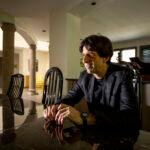
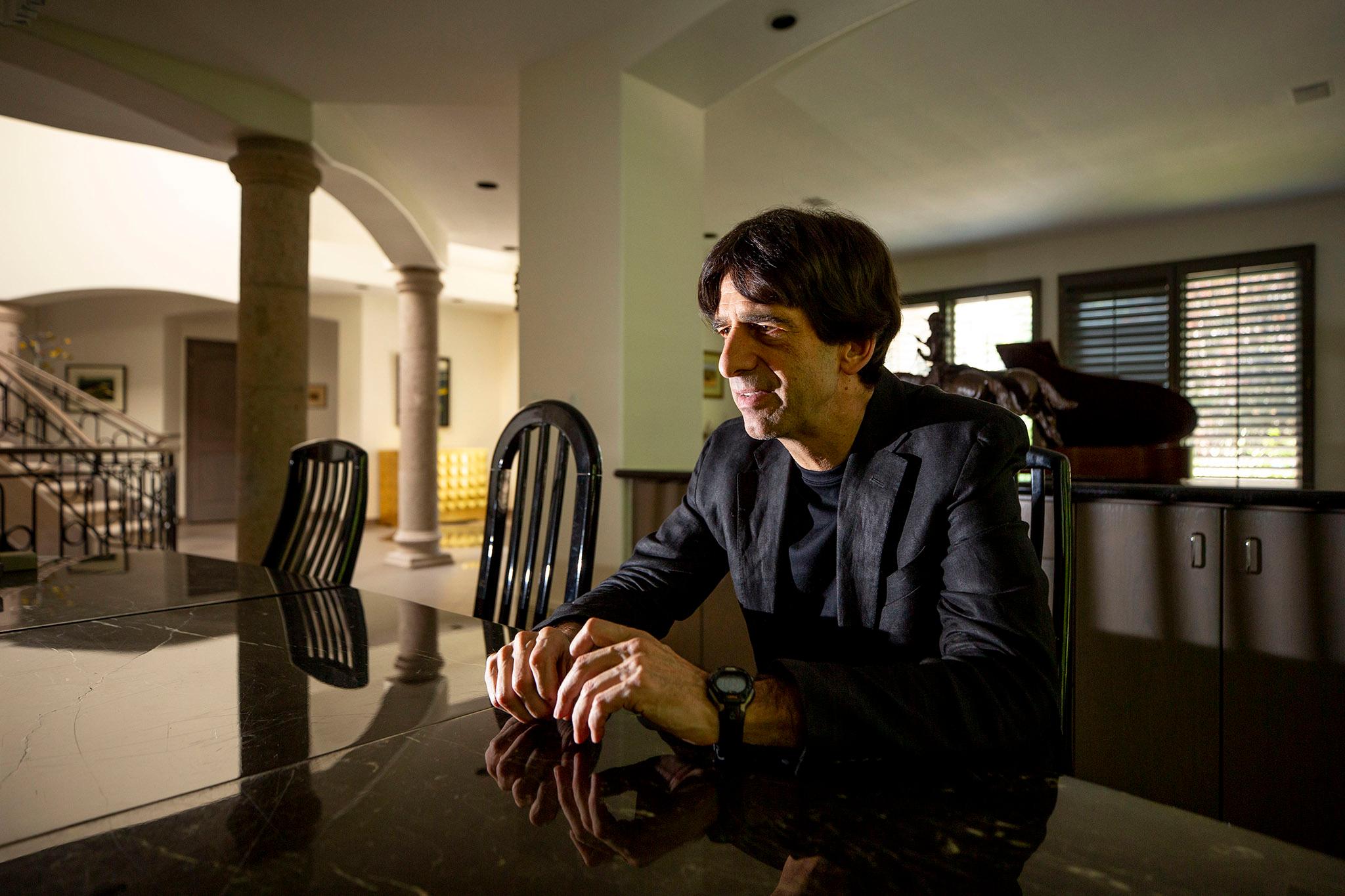
Phil Beaver can still picture the window near his old cubicle flapping like a sheet in the breeze.
By Corey H. Jones
Today, the University of Denver professor lives in Cherry Hills Village, just south of Denver. But on Sept. 11, 2001, he was a lieutenant colonel in the Defense Department, working at the Pentagon when hijackers flew a plane into the building.
The attack killed 184 people, including the passengers on board. Beaver was among the survivors, and he was at his cubicle when the plane hit his side of the building.


First came the boom, which sounded like a bomb. A fireball erupted from the explosion.
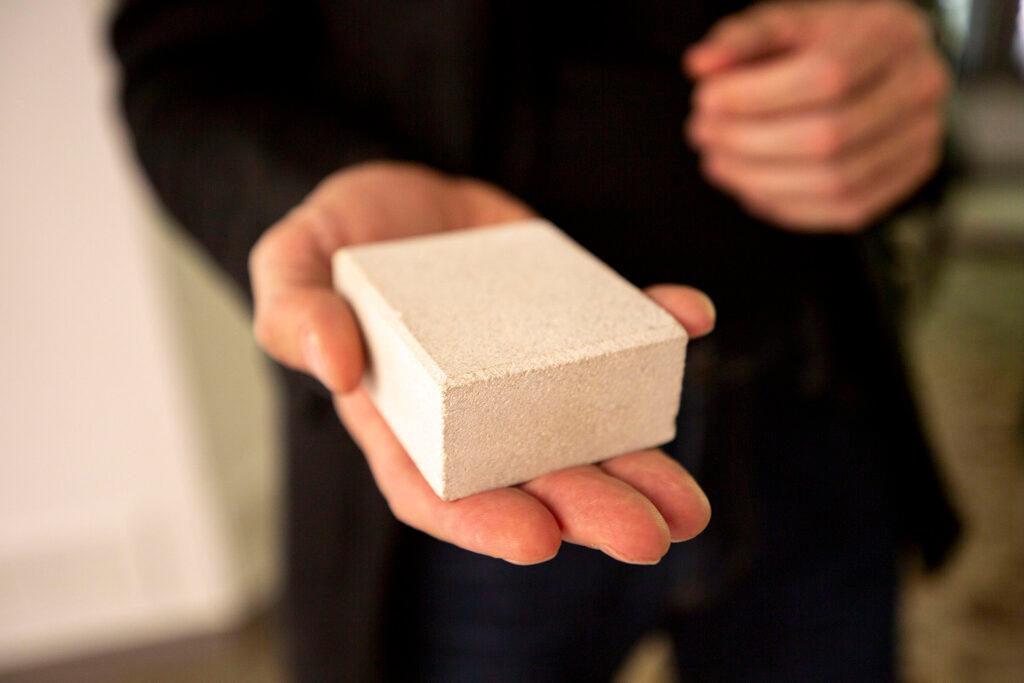
And Beaver also noticed something different about the window in his office that faced the interior of the Pentagon.
“All the other windows in the office were blown out,” Beaver said. “Whenever you have an explosion, there has to be suction from some place. And the window at my desk was right in line with where the plane came in. The window blew in because of the suction.”
Despite the blast, a yellow mylar coating on the window held the glass together as it swayed. That’s an image that has stayed with Beaver.
“I've always been grateful that I didn't end up literally shredded by glass blowing in all over me.”
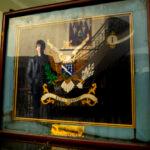
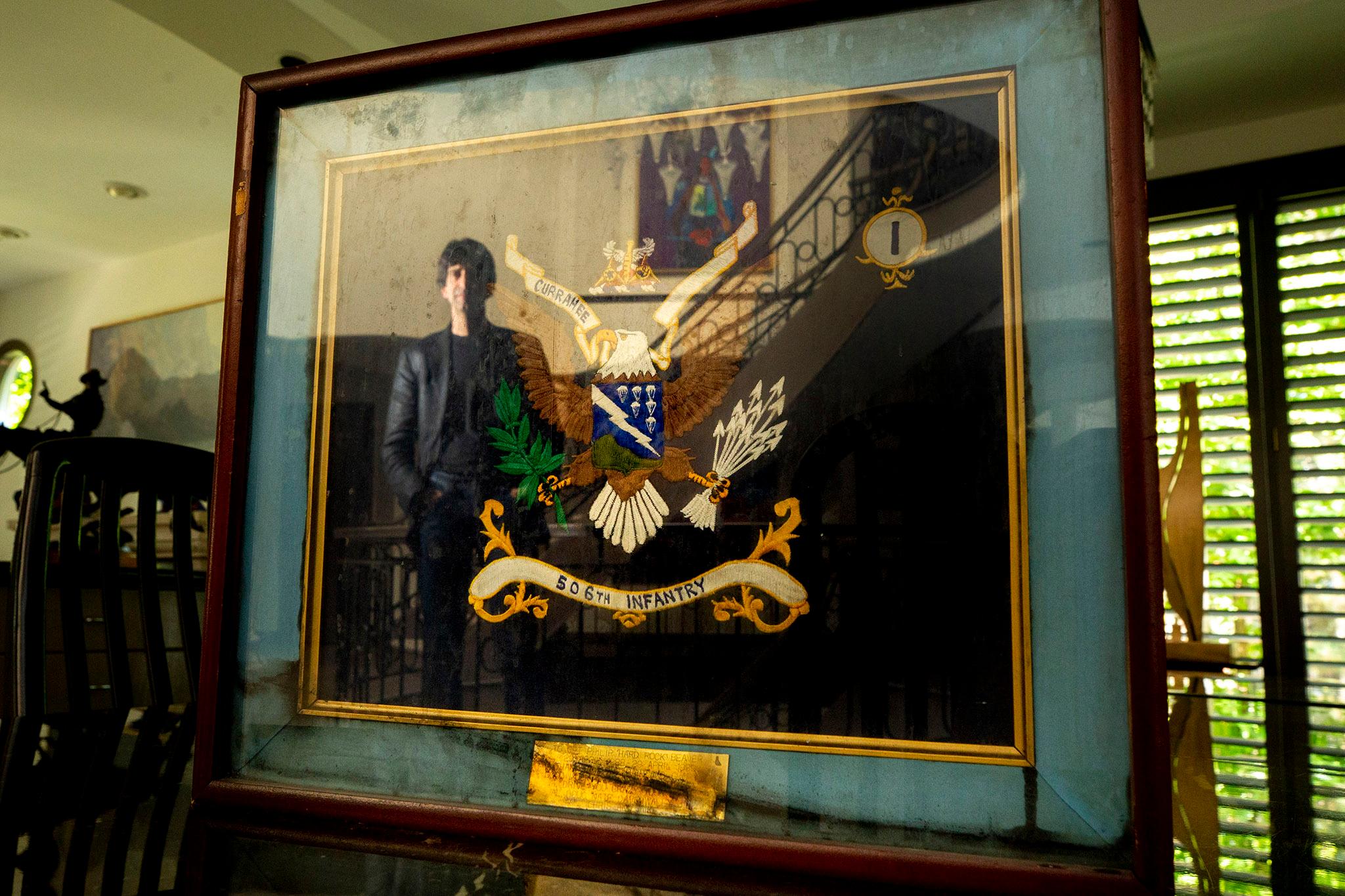
Beaver tells his story to remind people of the lives lost. And as the U.S. approaches the 20th anniversary of the 9/11 attacks, he shared other details from that day with CPR News.
Beaver recalls how the smell of burning jet fuel stayed with him for months. And how he miraculously managed to call his wife using a friend’s cell phone to let his family know that he and others were safe. That call only lasted about 10 seconds before losing the signal.
Remember that mylar coating on the window? That was part of a larger renovation that Beaver explained likely saved his life and many others.
Before the plane hit the Pentagon, many of Beaver’s colleagues had gathered in another area to watch TV coverage of the attack in New York City on the World Trade Center. Beaver believes that some of those people survived because they weren’t at their desks.
Beaver retired from the Army as a colonel in 2008. In his home office, he keeps a chunk of the Pentagon’s stone wall that was given to him after the attack. It’s a reminder of what happened that day and how lucky he feels to still be alive.
Following his 25 years of service, he also worries that 9/11 could be forgotten by a younger generation.
“Certainly it will be much more abstract to people as we go forward. This is something that happened to us as Americans, and this is something that we need to be aware could happen again.”
Photo: Philip Beaver's infantry colors were framed and hung in his office at the Pentagon when a plane struck the building on Sept. 11, 2001. He still has the frame, uncleaned after smoke and water marred it that day. Sept. 7, 2021. (Kevin J. Beaty/Denverite)